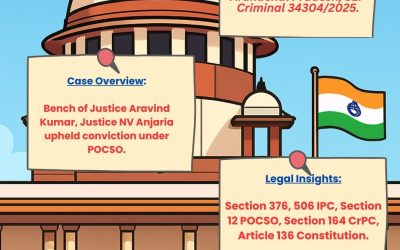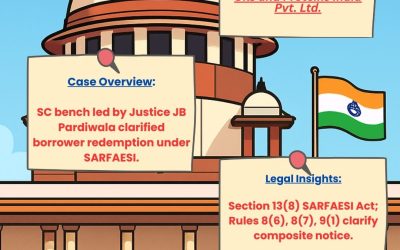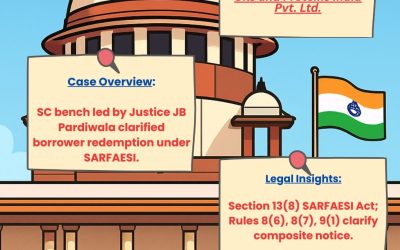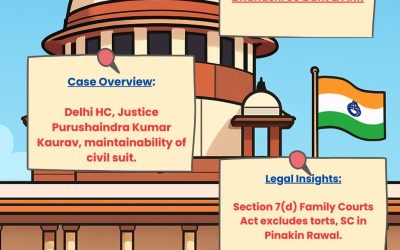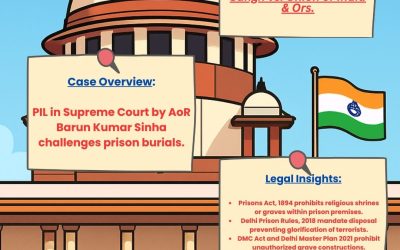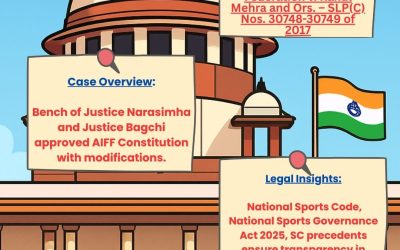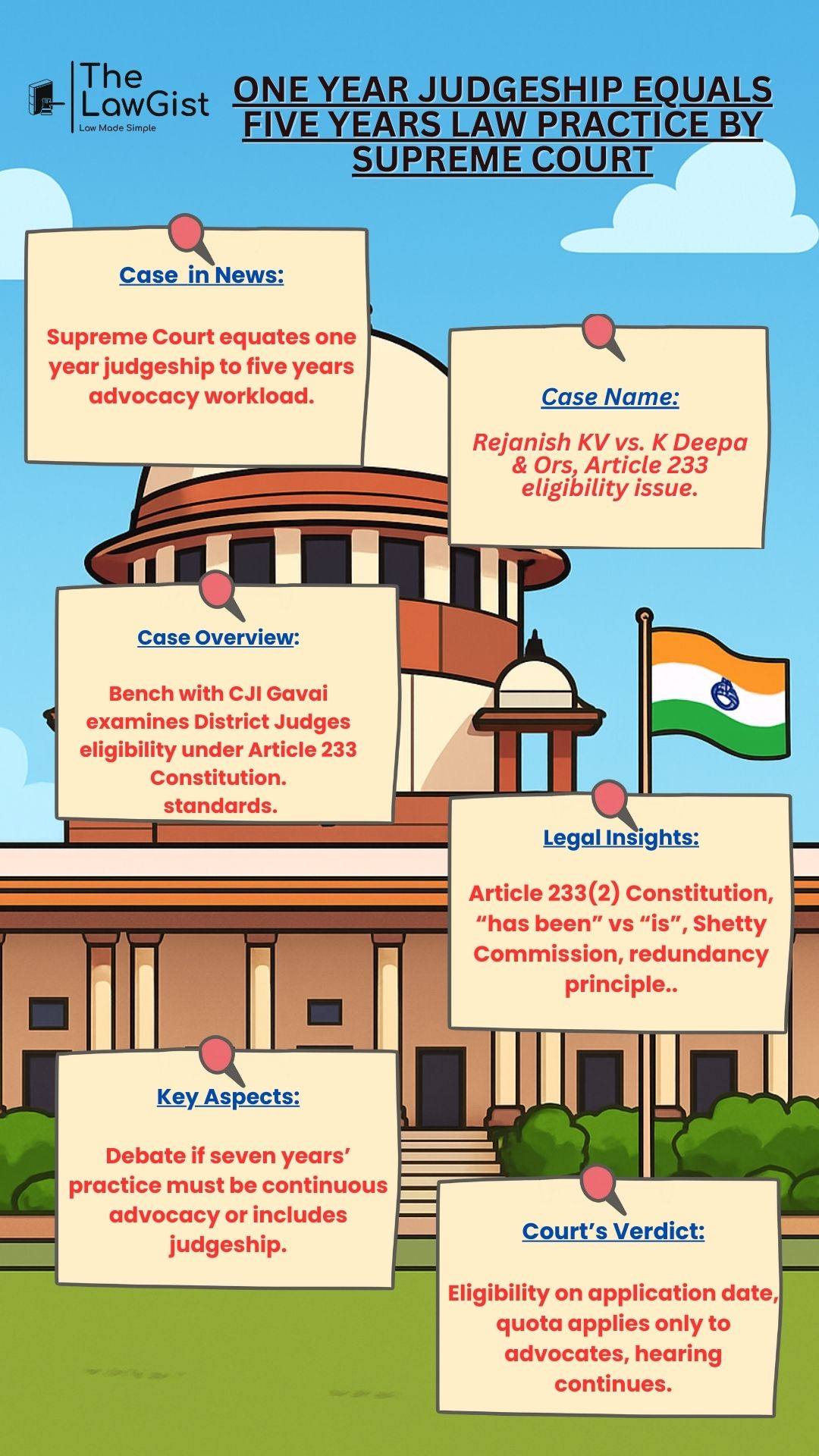
Supreme Court discusses if judicial officers with past advocacy qualify for District Judges under Article 233.
Case in NewsThe Supreme Court of India held one year of judgeship equals five years of law practice regarding Judicial Appointments of District Judges . |
Discover powerful Latin Maxims and simplify complex legal terms in seconds.
Case Overview
Case Name: Rejanish KV vs. K Deepa & Ors
A Bench led by Chief Justice of India BR Gavai, along with Justices MM Sundresh, Aravind Kumar, Satish Chandra Sharma and K Vinod Chandran examined whether judicial officers with 7 years of earlier practice as advocates could claim eligibility for District Judges under the Bar quota . The case centered on the interpretation of Article 233 of the Constitution .
Step into the world of justice with Courtroom Chronicles
Key Aspects
The hearing highlighted critical issues about balancing advocacy experience with service experience . The Bench and senior counsels debated whether past practice as an advocate is sufficient or continuous practice is mandatory for appointment . Key arguments included :
- Justice MM Sundresh noted one year as a judge equals five years of advocacy in workload .
- Senior Advocate Jayant Bhushan argued excluding service judges makes Article 233 partly redundant .
- Senior Advocate Arvind Datar countered that the Constitution requires continuous seven years’ advocacy .
- The Bench noted Article 233 eligibility has not been squarely decided earlier .
Legal Insights
The legal discussion turned on how Article 233(2) of the Constitution should be read . The provision states: “A person shall not be eligible to be appointed as a district judge unless he has been for not less than seven years an advocate or a pleader and is recommended by the High Court for appointment .” The insights included :
- Article 233(2), Constitution of India – sets the eligibility for direct recruitment of District Judges .
- Principle of constitutional interpretation – words cannot be rendered redundant .
- Debate over the phrase “has been” – whether it requires present continuous practice or allows past advocacy .
- Shetty Commission report cited frustration of service judges excluded from higher judicial service exams .
Court’s Verdict
The Supreme Court of India observed that eligibility under Article 233 must be assessed on the date of application, not appointmentb. While recognizing the workload of service judges, the Bench clarified that the quota in Article 233(2) applies only to advocates, not service judges . The hearing will continue .
Source-Supreme Court of India
Read also – Constitution of India
The LawGist ensures exam success with quality notes—TPL, Current Affairs, Recent Judgments, and more. Backed by trusted resources and videos, The LawGist is every aspirant’s first choice. Discover more at thelawgist.org.


